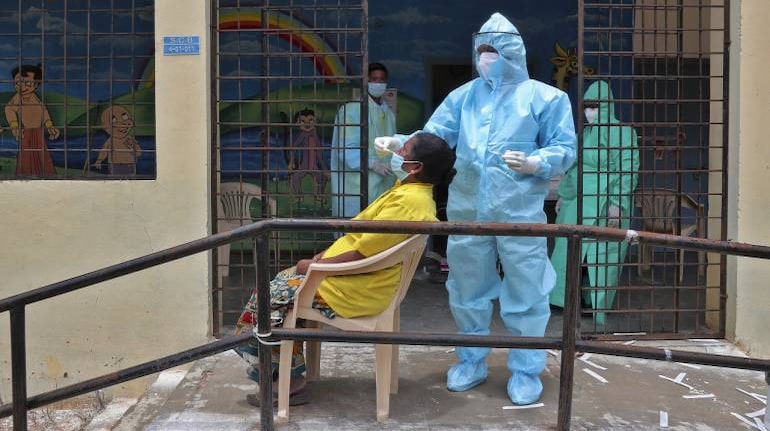



Delhi recorded 409 new COVID-19 cases on Thursday, the highest single-day rise in nearly two months, while the positivity rate rose to 0.59 per cent, according to health department data. The city's infection tally stands at 6,42,439, the latest bulletin issued by the Delhi Health Department stated.
The death toll rose to 10,934 with three more fatalities, it said.
The number of active COVID-19 cases in the city rose to 2,020 from 1,900 on Wednesday, while the positivity rate climbed to 0.59 from 0.52 percent the previous day.
The total number of tests conducted on Wednesday stood at 69,810, including 42,187 RT-PCR tests and 25,623 rapid antigen tests, the bulletin said.
The number of people under home isolation climbed to 1,028 from 982 on Wednesday, it said, adding that over 6.29 lakh people have recovered from the infection till date.
Follow our full coverage of the coronavirus pandemic here.
Discover the latest Business News, Sensex, and Nifty updates. Obtain Personal Finance insights, tax queries, and expert opinions on Moneycontrol or download the Moneycontrol App to stay updated!
Find the best of Al News in one place, specially curated for you every weekend.
Stay on top of the latest tech trends and biggest startup news.